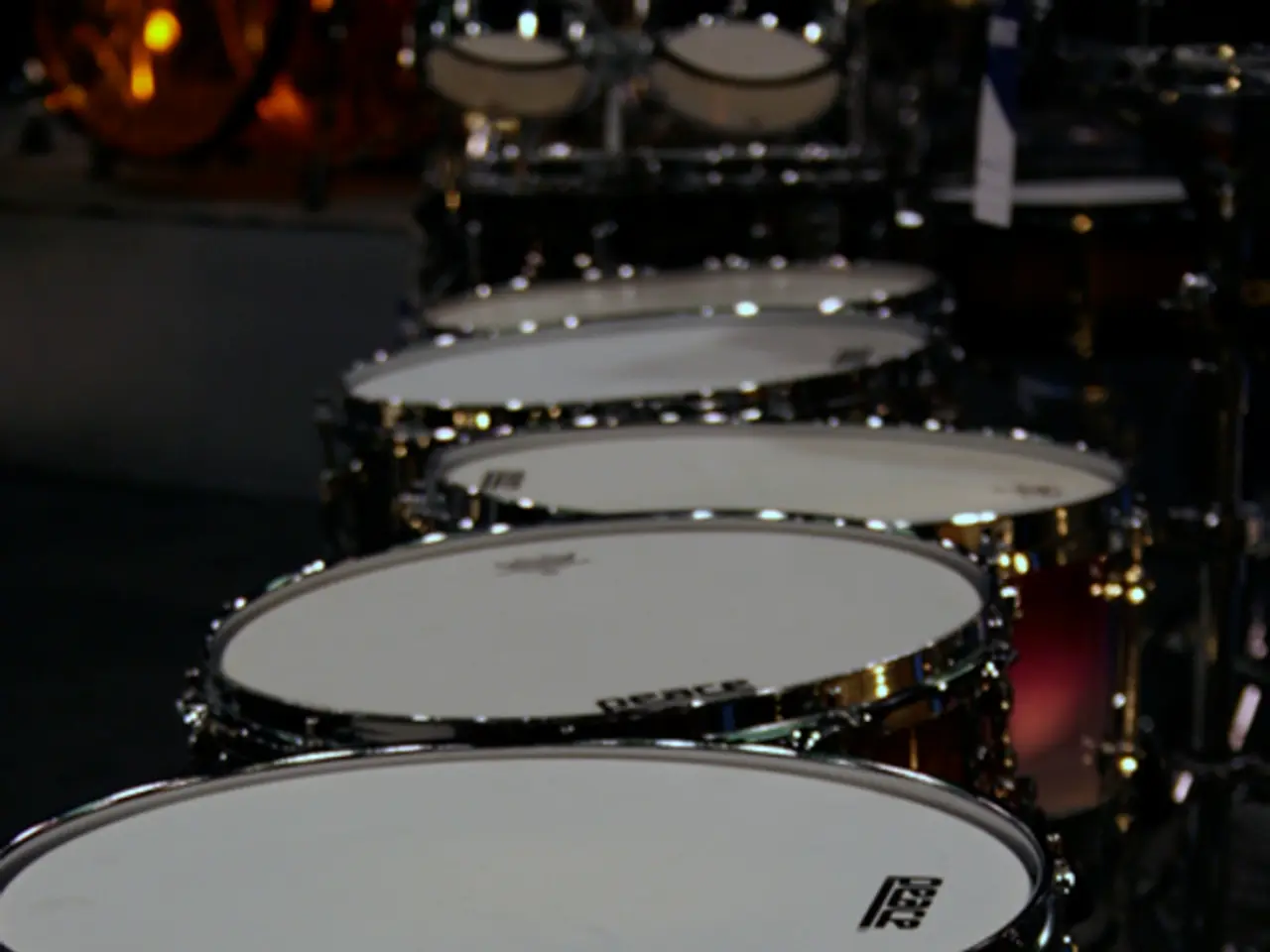Possibility of utilizing cannabis for managing autism symptoms?
In recent years, there has been growing interest in the potential use of cannabis, particularly cannabidiol (CBD), as a treatment for autism spectrum disorder (ASD). While the research is still in its early stages, several studies have reported promising results regarding the reduction of anxiety, hyperactivity, and disruptive behaviors, as well as improvements in social interactions.
A 2019 study, for instance, found improvements in rage attacks, hyperactivity, sleep problems, anxiety, and cognitive function in 53 children with ASD who were given CBD. Similarly, a study published in 2024 found that CBD-rich cannabis extract improved social interaction in children aged 5-11. Another study from 2025 reported reductions in autism symptoms such as anxiety and hyperactivity with the use of CBD-enriched cannabis.
However, it's important to note that these findings are based on preliminary research, and more rigorous, controlled clinical trials are needed to fully establish efficacy, safety, and long-term effects. A 2019 study published in the Journal of Neurotherapeutics and Clinical Biochemistry concluded that cannabis and natural compounds in the plant, called cannabinoids, could be an effective alternative therapy for ASD symptoms.
The safety profiles of CBD and medicinal cannabis indicate common side effects such as gastrointestinal issues (diarrhea, vomiting), neurological effects (drowsiness), and behavioral changes. Liver toxicity and drug interactions, particularly with seizure medications, are primary concerns requiring monitoring. A 2021 review by a researcher at Minnesota State University noted one episode of psychosis, which required treatment, as a potential side effect.
Despite these potential therapeutic benefits, researchers emphasize the need for caution. The small sample sizes of available trials, the complexities of placebo effects and individual variability, and the preliminary nature of findings all warrant careful consideration. Moreover, some studies warn that prenatal cannabis exposure may increase autism risk, indicating risks when used during pregnancy.
In addition to CBD and medicinal cannabis, other complementary and alternative medicine (CAM) approaches have been suggested for treating symptoms of ASD. Examples include homeopathy, acupuncture, yoga, biofeedback, and animal-assisted therapy. However, little scientific evidence supports the use of these methods for treating ASD symptoms.
A multicenter survey suggests that a significant number of autistic adults in Germany use or have used CAM. This highlights the need for further research to understand the potential benefits and risks of these approaches.
In summary, while early clinical evidence suggests CBD and medicinal cannabis may offer symptomatic relief for some individuals with autism, comprehensive, large-scale, and longer-term studies are urgently needed to confirm benefits, optimize dosing, ensure safety, and understand mechanisms before widespread clinical recommendations can be made. The preliminary nature of the research, the small sample sizes, and the complexities of placebo effects and individual variability all warrant careful consideration. It is crucial to approach any treatment options with a balanced understanding of the potential benefits and risks.
- Despite promising results from preliminary studies, more rigorous, controlled clinical trials are needed to fully establish the efficacy, safety, and long-term effects of CBD as a treatment for autism spectrum disorder (ASD).
- A 2019 study reported improvements in rage attacks, hyperactivity, sleep problems, anxiety, and cognitive function in 53 children with ASD who were given CBD.
- In addition to CBD, other complementary and alternative medicine (CAM) approaches have been suggested for treating symptoms of ASD, such as homeopathy, acupuncture, and animal-assisted therapy.
- The safety profiles of CBD and medicinal cannabis indicate common side effects such as gastrointestinal issues, neurological effects, and behavioral changes.
- A multicenter survey suggests that a significant number of autistic adults in Germany use or have used CAM, highlighting the need for further research to understand the potential benefits and risks of these approaches.
- While CBD-rich cannabis extract has been found to improve social interaction in children aged 5-11, researchers emphasize the need for caution given the preliminary nature of findings and the complexities of placebo effects and individual variability.
- Another study from 2025 reported reductions in autism symptoms such as anxiety and hyperactivity with the use of CBD-enriched cannabis.
- A 2024 study found that CBD-rich cannabis extract improved social interaction in children with ASD, adding to the growing interest in the potential use of cannabis as a treatment for autism spectrum disorder.




